In my search, I picked up Tara Flippos book, Social and Emotional Learning in Action: Experiential Activities to Positively Impact School Climate. Tara tells us, "Social and Emotional Learning in Action (SELA) is an easy-to-use sourcebook [a 36-lesson progression] facilitated by teaching and/or counseling practitioners primarily in school settings." Each lesson (for the most part) has two activities and a debrief process. It's a nice progression of community-building activities and when you know and understand the CASEL.org framework and the five competency areas, you can blend the SEL language into the lessons.
Traditionally, I then question participants by asking them something like, "Jennifer, you rated communication an eight. What would the group have to do to get a score of nine?" Same with the other end of the scale. "Felix, what would it take from the group for you to give them a three?" I don't ask for BIG leaps, just, what would it take to go up one number - baby steps.
Sometimes it's just the simply things that can light a new path. Come to think of it, it's often the simple things that lead to the biggest changes.
If you have any other paradoxical ideas, we'd love to hear about them. Leave us a Comment!
Be well...
Chris Cavert, Ed.D.

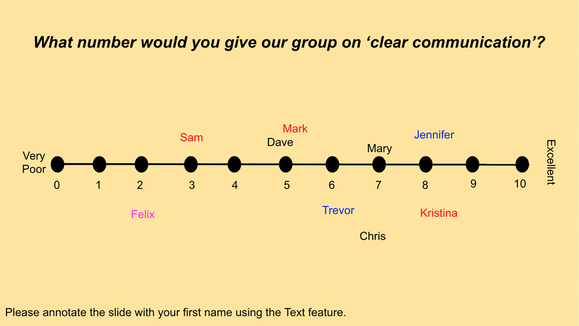
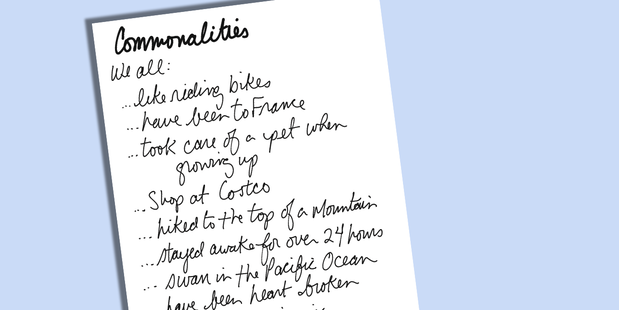
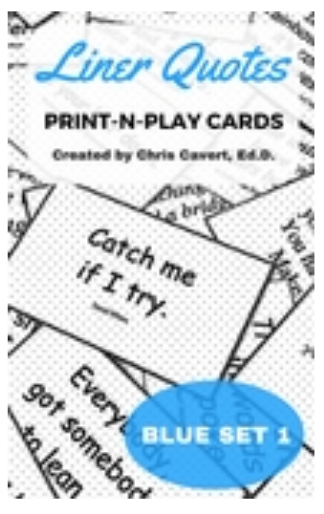
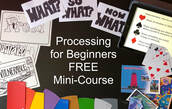
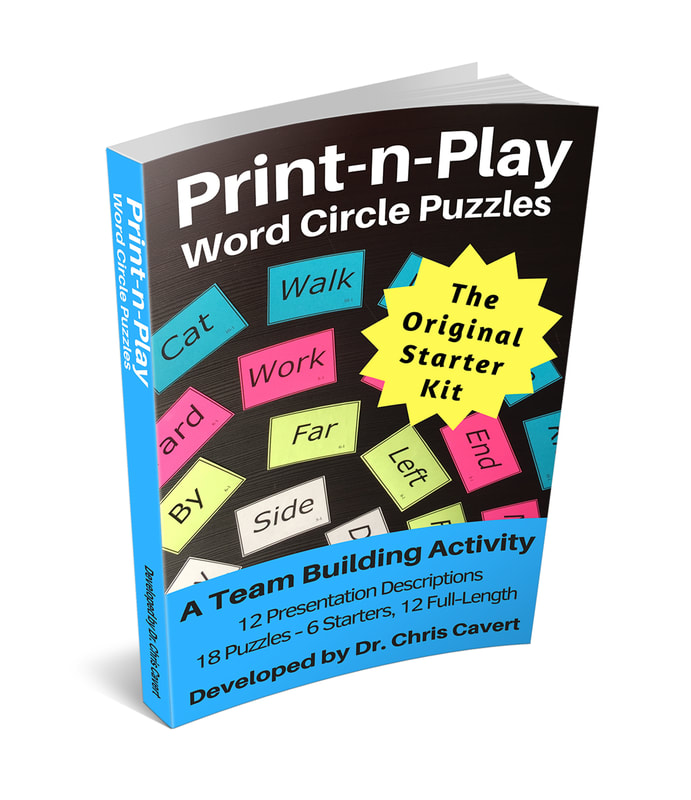
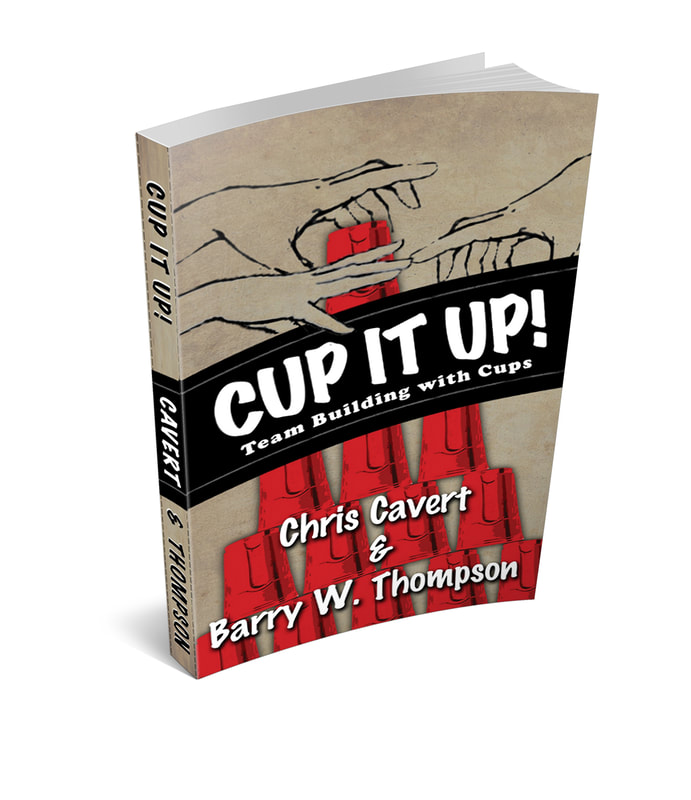
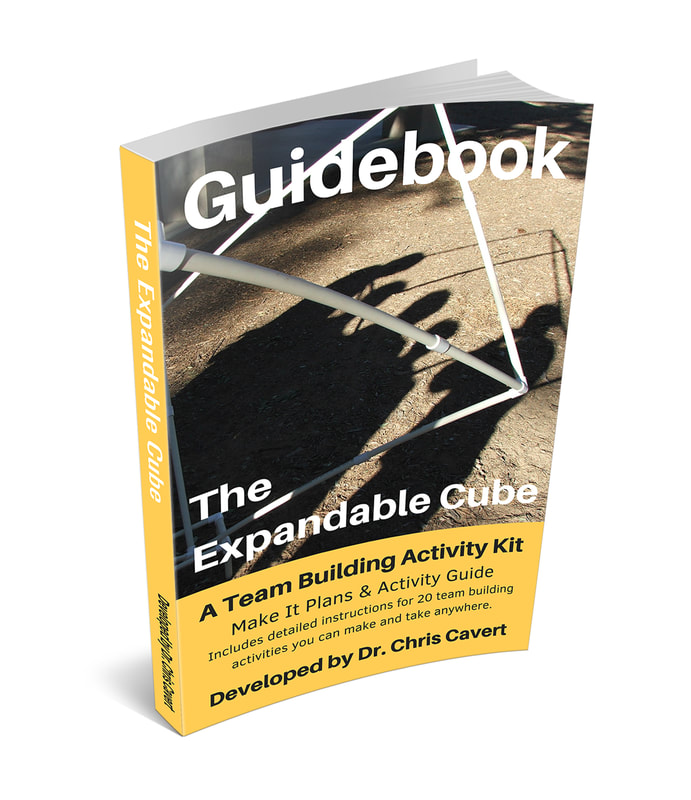
 RSS Feed
RSS Feed